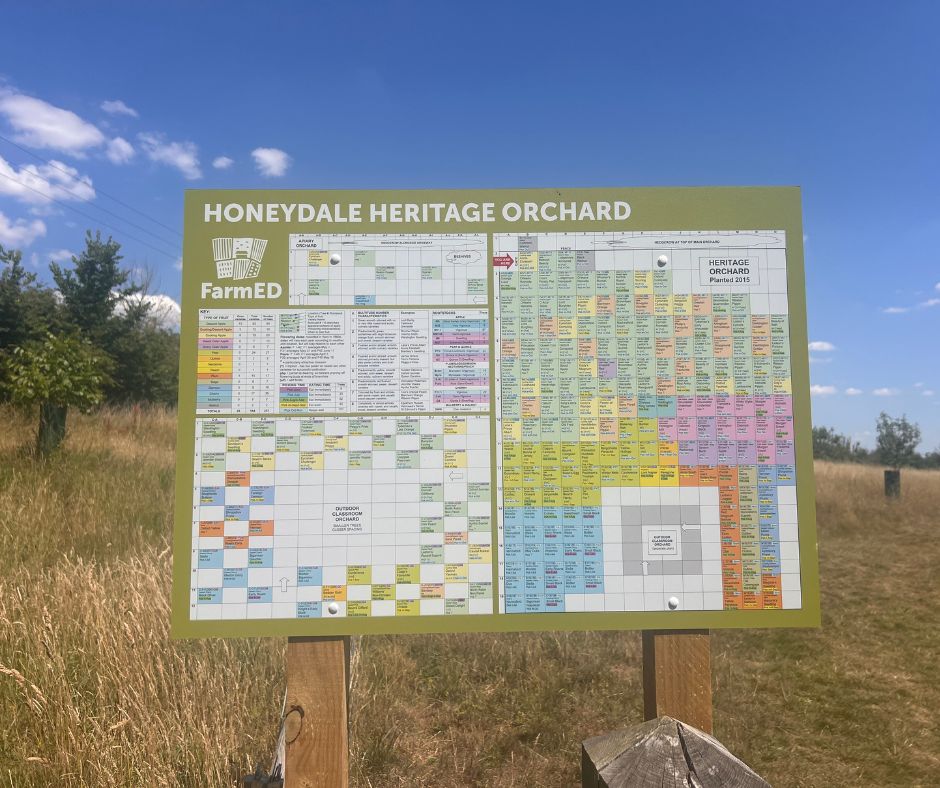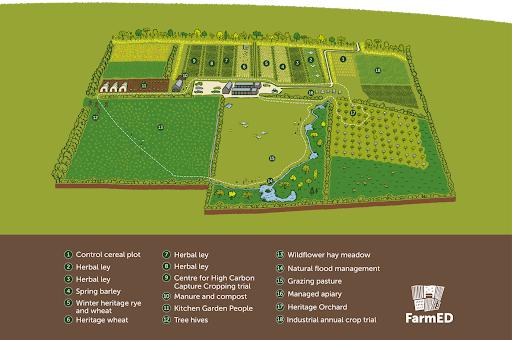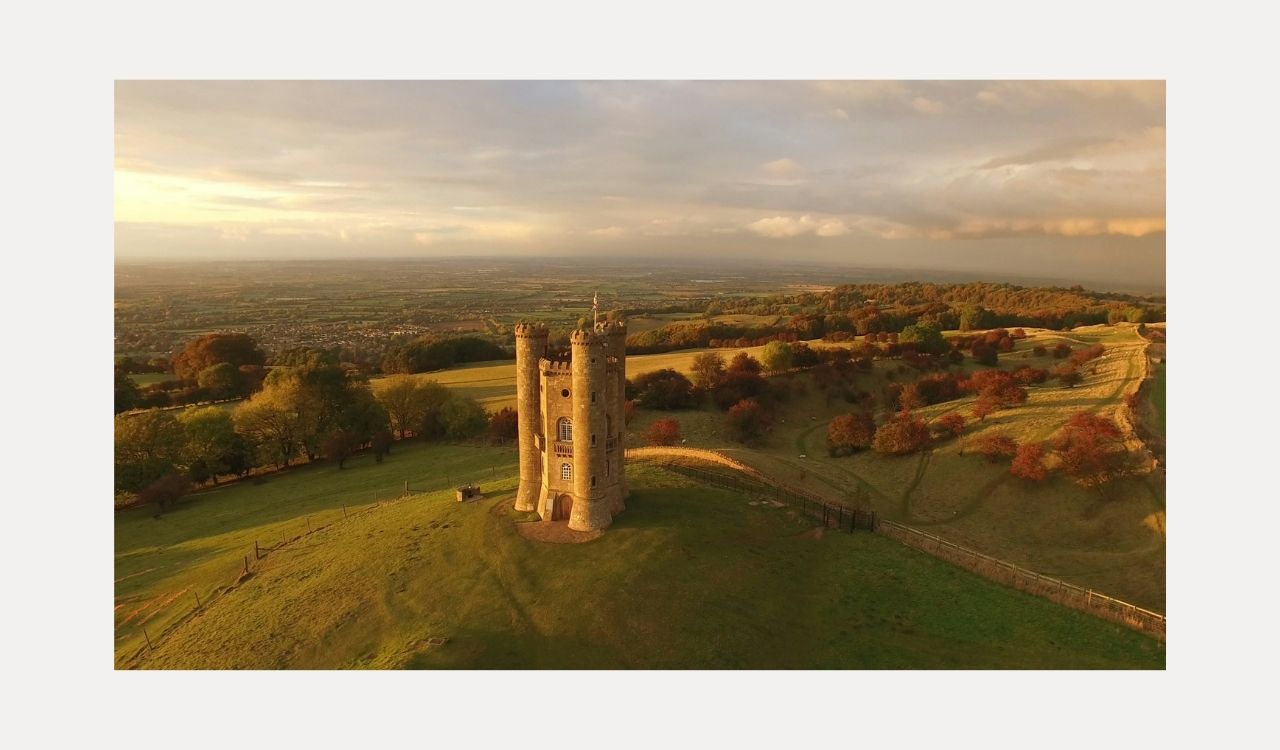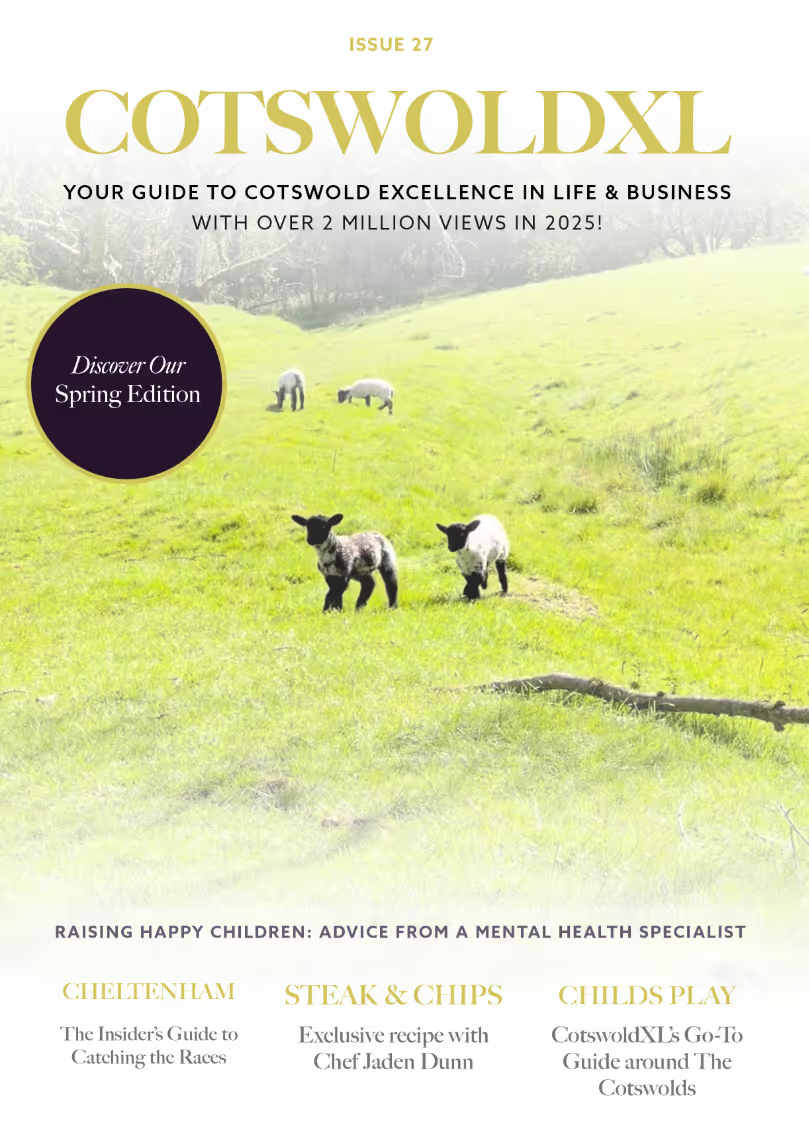Shipton-Under-Wychwood
A farm walk at FarmED

On a blistering hot, beautiful July day, I headed out to Shipton-Under-Wychwood for a Farm-Walk at FarmED based at Honeydale Farm. FarmED is a not-for-profit educational organisation focused on promoting and accelerating the transition towards regenerative farming and sustainable food systems. Somewhat surprisingly, soil is one of the UK’s most valuable natural resources. That’s right, what many might see as unremarkable dirt is vital for life in the UK as we know it.
The humble brown stuff is essential for supporting life on Earth, playing a key role in growing food, filtering water, storing carbon, and maintaining biodiversity. In the UK, soil health faces increasing threats from factors such as intensive farming, deforestation, urban expansion, and climate change. Practices like overgrazing, excessive use of chemical fertilisers, and land mismanagement have led to significant erosion, compaction, and a decline in soil quality. As a result, much of the UK’s land is becoming less fertile, more prone to flooding, and less capable of storing carbon, which worsens the effects of climate change. Urgent action is needed to protect and restore soil, ensuring long-term environmental health and food security. Simply put, saving soil saves us; it’s that important. Considering this, my visit to FarmED felt particularly meaningful. Organisations like theirs are at the forefront of research, practice, and education. Their goal is to change how we view and practise food production through regenerative farming, with soil right there at the top of their agenda. No small task, then.
The FarmED walk began with a small group of visitors, including myself, and an introduction from the FarmED founder, Ian Wilkinson. We settled inside one of their stunning purpose-built eco buildings that nestle unobtrusively into the landscape and helped ourselves to tea and FarmED cake. Ian studied farm and grassland management at Berkshire College of Agriculture and joined Cotswold Seeds, a sister company to FarmED, over 30 years ago. The focus of Cotswold Seeds is to act as a link between farmers and the scientific community, based on the belief that health starts from the soil upwards. FarmED developed as part of Cotswold Seeds’ growth (no pun intended), becoming a demonstration and educational regenerative farm that puts the company’s ideologies into practice, encouraging discussion, research and learning.
Ian explained how his understanding has evolved over the years, shifting from the belief that good farming was judged by yield—a post-World War II view, as the country sought to resolve food security issues—to his current view that good farming starts with the soil and its care.Ian is a knowledgeable individual, and much of what he discussed extends well beyond my area of expertise. Yet he has a remarkable ability to simplify complex ideas without seemingly omitting essential details. It was engaging, enlightening and thought-provoking. Vital when words like ‘regenerative’ can seem like abstract, intangible ideas that float about the media.
Ian responded graciously to questions. A visitor asked a question that occasionally crosses my mind – ‘what’s the point?’, when so much is beyond our control, especially when others are committing such enormous environmental crimes? Ian replied, saying we have limited control over others, so we must look after our own patch, leaving it in a better state than we found it for future generations.
I found the whole tour engrossing, but a few things in particular made a significant impression. The first was the soil. At the FarmED Control Cereal Patch - where pesticides are used to compare the effectiveness of other patches employing regenerative methods - Matt dug up some wheat and its roots, holding them up for us to observe and smell. It was pale and dry, with no worms, and a quick sniff revealed a faint earthy aroma. Then, later at a barley field where regenerative methods are used, Matt did the same. Upon inspection, I could immediately see that the soil sample was darker, retaining more water and covered with a range of roots. A quick sniff reveals a pronounced, damp, rich, earthy smell. It seemed, well, alive, whereas in comparison, the control field felt sun-baked and dormant. This was a practical and tangible way to show how well the soil and crops thrive within different farming systems. It also provided a clear example of what healthy soil looks and smells like. It made it real in a way that’s impossible to grasp when you read or hear about it.
Ian’s reply resonated with me. If everyone questioned, ‘What’s the point?’ then places like FarmED might never exist. Perhaps that’s painfully obvious. But when I’m diligently recycling or choosing a sustainable lifestyle, it can feel hard to get a sense of the real benefits or purpose. For many of us, day-to-day sustainability is very much an individual endeavour. However, the idea of looking after my own patch gave me a new perspective and a greater sense of autonomy. It’s a sustainability mantra of sorts.
We began to make our way along the path shown in the image above, with brilliant blue skies above us and golden fields before us. Crossing over the parched earth with its deep cracks, caused by the sparse rainfall. We stopped at each section for a talk and explanation; it’s fascinating stuff. As recent TV shows have shown, farming is genuinely enthralling, and we should know this stuff. Modern convenience foods have led to a kind of apathy and disengagement with what we eat. The truth is, I’ve sometimes cared more about what I put in my car than the food I put in my body.
The final, and perhaps most significant point I keep returning to, is Ian’s reassurance that FarmED is a space for discussion, not judgment. He recognises that the options for change they demonstrate aren’t always practical or feasible for many farmers. However, they are still very much welcomed there to share their thoughts and opinions. It’s such a refreshing attitude. Often, it feels as if the hostile black-and-white mindset of social media governs us. That to disagree means digital pitchforks at dawn, rejection, and a heap of judgment and shame. FarmED Ian Wilkinson feels like the opposite of this. Not only is it planting the seeds for change that can ripple through farming, but the team at FarmED are also setting an example of how we can live better in a world brimming with conflicting opinions.

To find out more or book one of the many FarmEd talks or tours, head over to their website.
See Related Articles & Features
issue 27
See Our Latest Issue of the Magazine.
See great content for this months digital magazine.
read now
.jpg)


